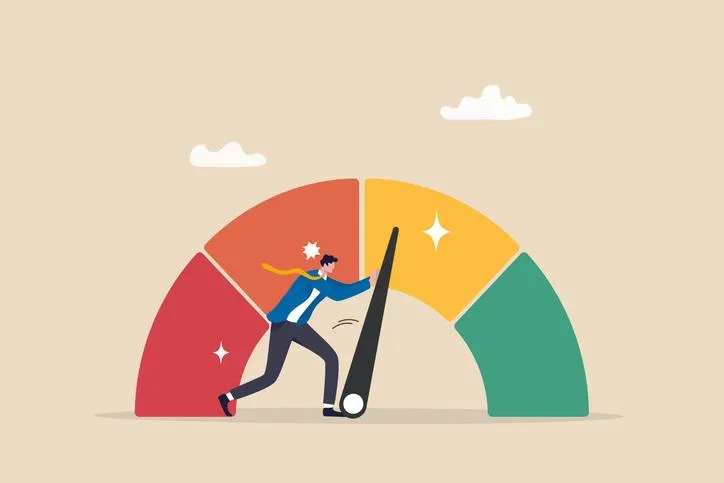
Build Strong Business Credit from Day One: A Beginner’s Guide for Entrepreneurs
1.Build Strong Business Credit from Day One: A Beginner’s Guide for Entrepreneurs
Establishing Business Credit: Why It Matters for New Entrepreneurs
Building solid business credit isn’t just for big corporations, it’s essential for startups and small business owners, too. Whether you're applying for a loan, negotiating better terms with suppliers, or separating your personal finances from your company, business credit gives you the leverage to grow with confidence.
This guide walks you through the foundational steps to establish and improve your business credit, even if you’re just starting out.
What Is Business Credit?
Business credit is your company’s financial reputation. It reflects your business’s ability to repay debts and is tracked by commercial credit bureaus such as Dun & Bradstreet, Experian Business, and Equifax Business.
Unlike personal credit, your business credit is tied to your EIN (Employer Identification Number)—not your Social Security number.
Benefits of Strong Business Credit
A strong business credit profile can:
Improve your chances of securing loans and lines of credit
Qualify you for lower interest rates
Help you negotiate better terms with suppliers and vendors
Protect your personal credit from business-related risk
Enhance your company’s credibility with partners and investors
Step-by-Step: How to Build Business Credit
Step 1: Set Up Your Business Legally
Before you can establish credit, your business needs to be officially recognized.
Register your business as an LLC, corporation, or other legal entity
Get an EIN from the IRS
Open a business bank account
Set up a dedicated business phone number and website
Step 2: Open Accounts That Report to Credit Bureaus
Not all vendors or lenders report to commercial credit agencies, so it’s important to work with those that do.
Look for:
Business credit cards that report to major bureaus
Vendor accounts (Net 30 terms) with suppliers who report payments
Retail accounts from stores like Office Depot, Uline, or Quill
Consistent on-time payments will help build a positive credit history.
Step 3: Get a D-U-N-S Number
Dun & Bradstreet assigns each business a D-U-N-S® Number, which is essential for tracking your credit file.
Apply for free at Dun & Bradstreet’s website
Use your D-U-N-S Number when applying for credit or establishing trade accounts
Step 4: Pay Your Bills on Time—Every Time
On-time payments are the most important factor in business credit scoring.
💡 Tip: Early payments can boost your D&B Paydex score beyond the baseline of 80.
Step 5: Monitor Your Business Credit Reports
Just like personal credit, business credit reports can contain errors or outdated info.
Regularly check your reports with:
Dun & Bradstreet
Experian Business
Equifax Business
Dispute inaccuracies promptly to keep your credit profile clean.
Step 6: Keep Business and Personal Finances Separate
Avoid mingling personal and business funds—it confuses lenders and can damage both credit profiles.
Use your business credit card exclusively for company purchases
Pay yourself a salary from your business account rather than dipping in directly
Track expenses clearly with accounting tools like QuickBooks or Wave
Advanced Tips to Improve Business Credit Over Time
Increase your credit limits while maintaining low balances
Establish relationships with banks and lenders that work with small businesses
Apply for a small business loan to diversify your credit mix
Build trade credit with multiple vendors
Consistency and smart financial practices pay off—literally.
Final Thoughts
Building business credit doesn’t happen overnight—but with the right steps and consistent effort, you can create a solid financial foundation that supports your business's growth. Start early, track your progress, and treat your business credit as a key asset in your entrepreneurial toolkit.
To learn more, speak with our Growth Agents by email at [email protected] or phone call at 904 420-1222.
